How shift to music, drama will save West Nile from effects of climate change
Key Points
- Music, dance and drama are vital for promoting creativity, sensitization, cultural understanding, and social-emotional development
- This year’s music festivals focus on climate change important for raising awareness and encouraging sustainable practices
By Matata Benzamin
The adverse weather effects being experienced across the West Nile sub-region has made people become creative and innovative in order to avert the effects of climate change.
The region has been experiencing extreme heat, floods and drought which affected the food supply chain. Now the education stakeholders are using music, dance and drama to combat the rampant effects of climate change.
Music, particularly through cultural galas practiced by learners at both primary and secondary school level across the region, is being incorporated as part of co-curricular activities with 20 per cent of UPE grant allocated for it.
Uganda hosts Music, Dance, and Drama (MDD) festivals at the primary school level during the second term of the school year, as part of the co-curricular activities, held at zonal, district, regional and national levels, providing a platform for showcasing learners’ talents and preparing them for competition.
Why shift to music
According to Zilly Buuza, the Senior Inspector of Schools for Arua City, the music which is rich in content about the effects of climate change can help to sensitize the community against harmful human activities such as deforestation and plastic littering.
The learners performing the drama will be learning about integrated science. They learn about land, air, a lot of information, afforestation, deforestation, the floods, drought
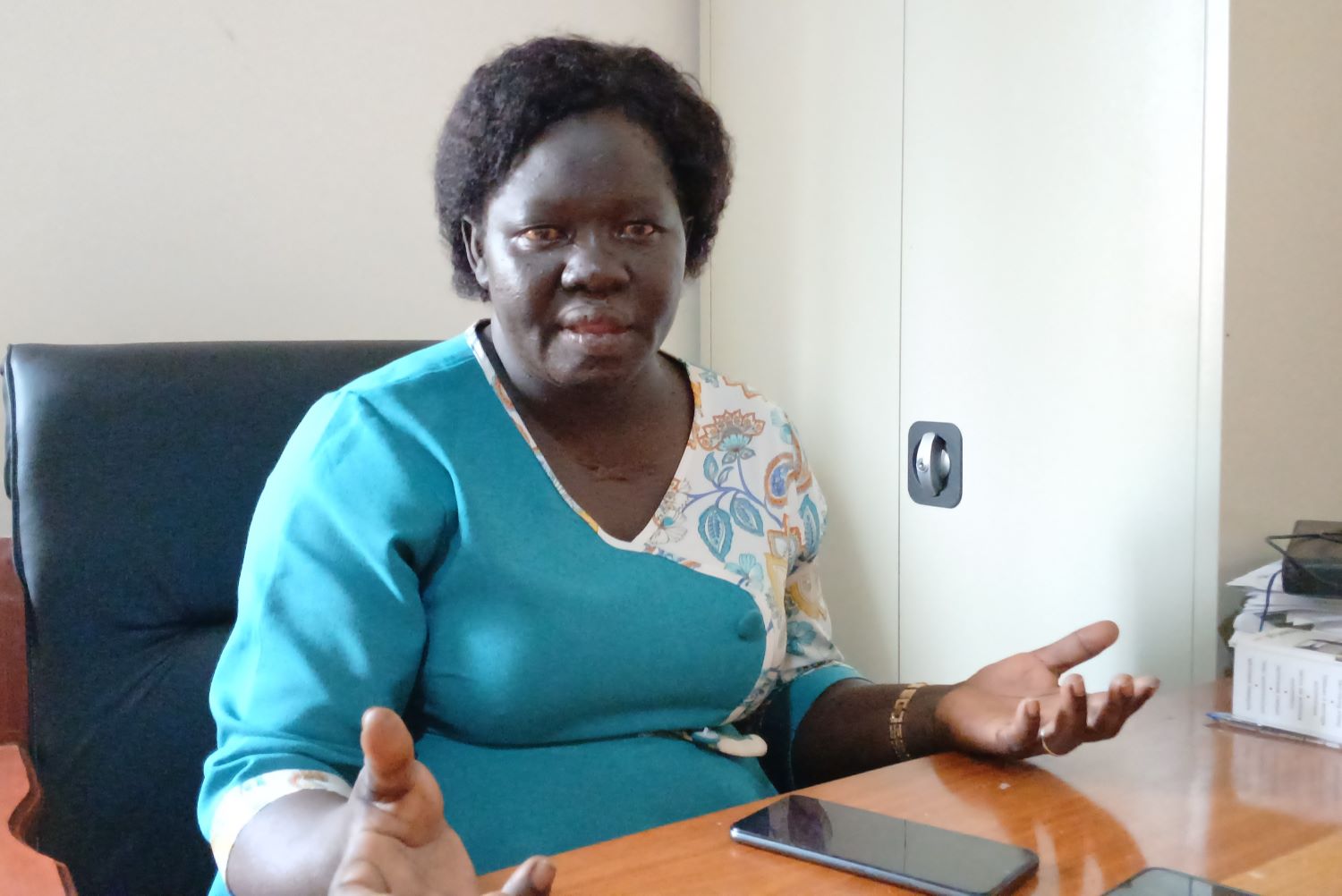 Ready for the task:Zilly Buuza, Arua city Inspector of schools cited stakeholder efforts to address climate change using music and drama. All images by Matata Benzamin.
Ready for the task:Zilly Buuza, Arua city Inspector of schools cited stakeholder efforts to address climate change using music and drama. All images by Matata Benzamin.
She continued: “…and for us to save our climate, in this drama, there are aspects that are going to look into the causes, where was the problem, and what caused the problems.”
She notes that the drama will be coined to find solutions, establish who are behind the climatic disruptions are.
Then this will be performed by learners within 10 minutes, 7 minutes and there would be a complete information to the public.
Uganda hosts over 1.5 million refugees, making it the largest refugee-hosting country in Africa, according to the European Commission.
The refugee question on deforestation
West Nile alone hosts over 950,000 refugees, who significantly contribute to depletion and degradation of vegetation cover in various settlements through activities such as deforestation for firewood, income, and construction, often without replacement.
Lagu Florence, the regional music director for primary schools in West Nile, who hails from Adjumani, a refugee hosting district, noted that they are training learners to plant trees to mitigate the effects of climate change.
She cited the high rate of deforestation in the region, referencing the depletion of the Zoka tropical rainforest in Adjumani.
Like for this one of Adjumani, it is already done. The only thing is to train the children to plant more trees around their areas because those ones we cannot bring it back. Then we have to train them, like in drama.
She said: “We have to train them so that the children will go and even tell those at home to take climate change seriously. They will know the dangers of flood, droughts and infertility of the soil all comes about deforestation.”
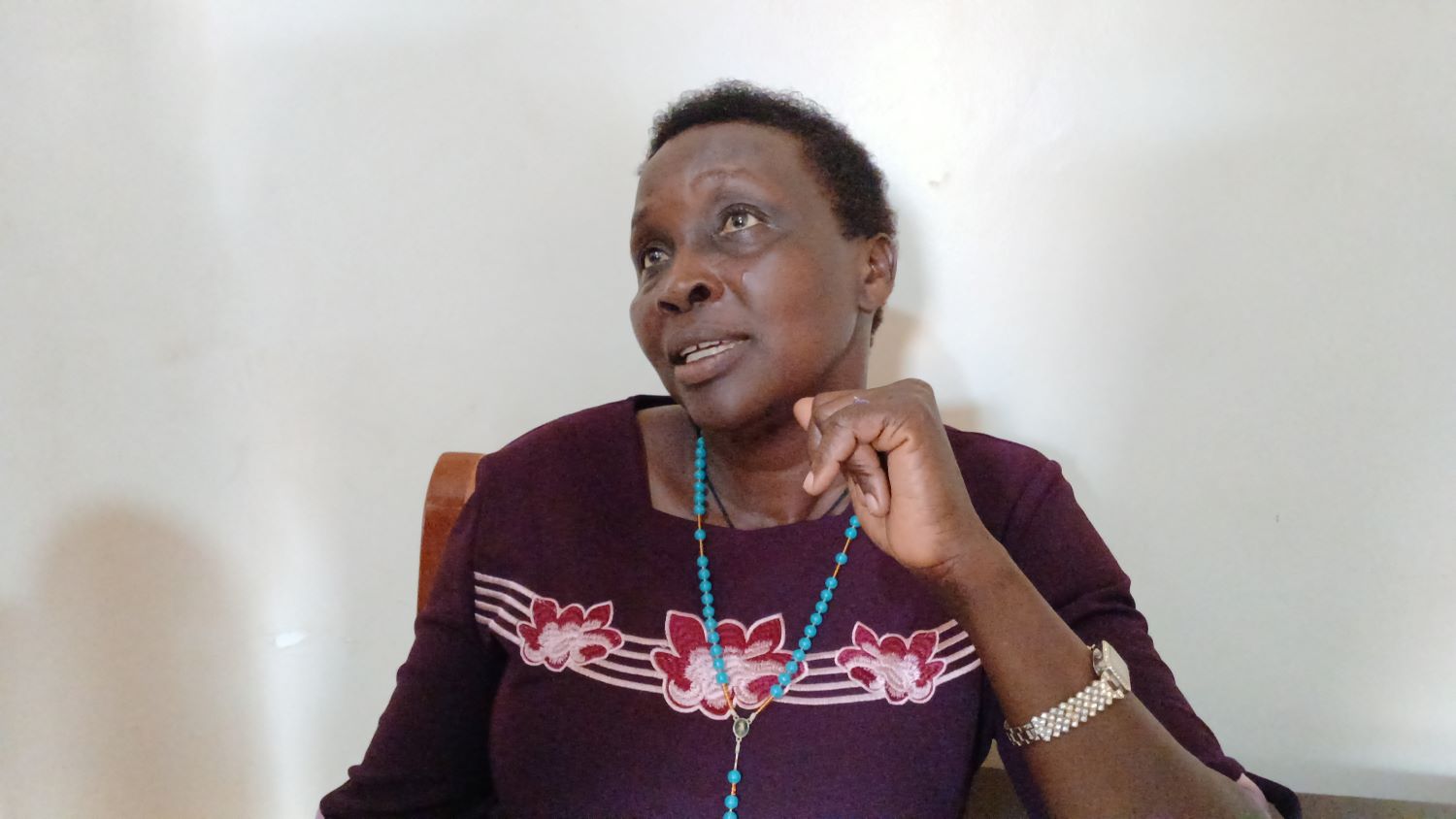
Implementing initiative: Lagu Florence from Adjumani shares influence of refugees and need to plant more trees to combat climate change.
Meanwhile, Kassaija Innocent, the music director for primary schools in Koboko district, said they have developed strategies to use music as a tool to combat the rampant effects of climate change.
He pointed to the depletion of Shea trees along the Koboko–Yumbe belt, an indigenous species known for attracting rainfall and providing food. He said they are using music to educate the community on alternative cooking methods, such as biogas and solar energy, to reduce its depletion.
“Shea tree is one of the trees species, which is more valued culturally, and in Koboko it is one of the trees that has been most cut in some parts of Koboko district. Man cut trees to satisfy their needs, to get food and others,” he noted.
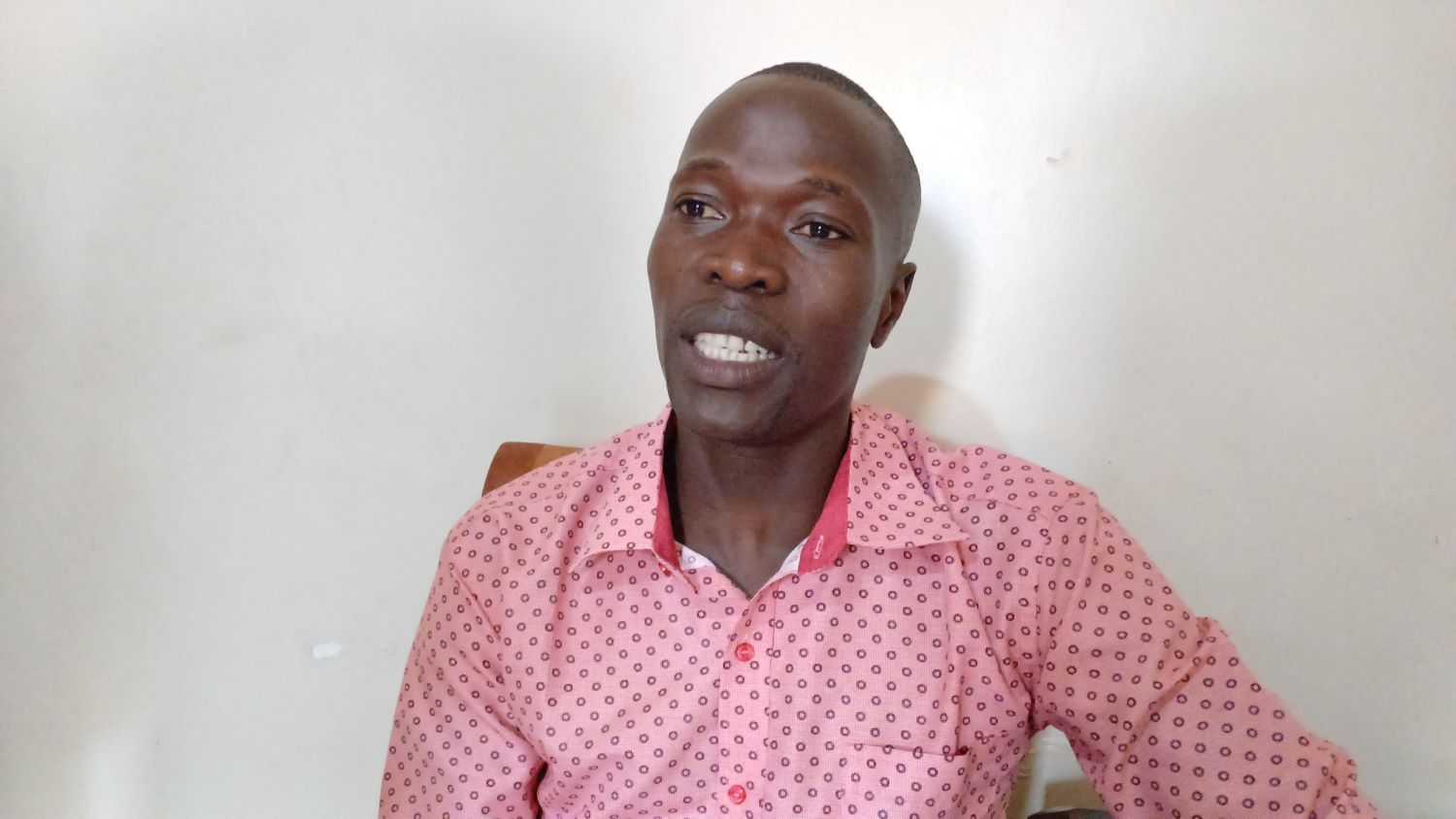
Why shift to MDD: Kassaija Innocent, music director Koboko speaking to media on music to climate change.
Alternative use of energy
Kassaija suggested that people should embrace use of energy saving cooking stoves, use of biogas, tapping the energy from the sun to avoid cutting down trees.
He said there was a need conserve Shea tree because of its benefits.
In response to these challenges, Shea Nut and Natural Oils Conservation Ltd., based in Yumbe District, is intensifying efforts to protect the shea tree and its ecosystem, by distributing shea seedlings to farmers and sensitizing the communities.
The shea tree, also known as Vitellaria paradoxa, is native to the West Nile region and grows along belts in Yumbe, Obongi, Moyo, Madi Okollo, and parts of Koboko district.
It is valued for its nutritious nuts, which are rich in vitamins and minerals and are used to produce shea butter, a commodity used in cosmetics, food, and pharmaceuticals.
Imran Ijotre, the Chief Executive Officer of the company, described the initiative as a commitment to safeguarding the environment, fighting climate change and empowering local communities to protect the shea tree from depletion.
“Every year, the discussions around climate are getting worse and worse, yet we are destroying the resources that we have. We need to safeguard these resources jealously with concerted efforts,” he said.
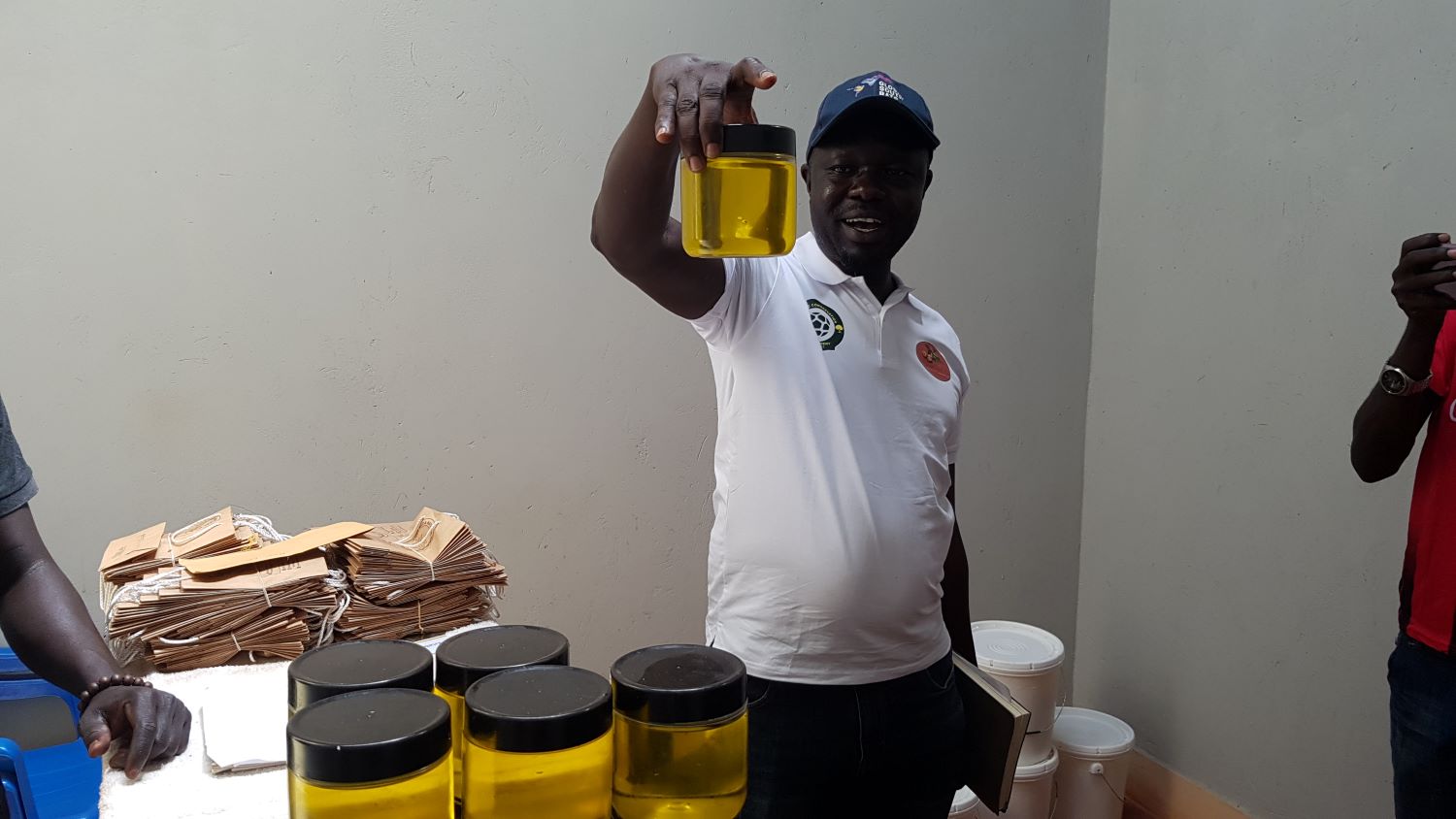
Why save Shea nut trees: Imran showing raw made oil extracted from shea nut.
He was concerned about the indiscriminate cutting of shea nut trees and logs loaded on trucks which leave West Nile for Middle East due to its high demand.
Our communities know very well about shea, the oil, the butter. They have been using it for various medicinal cosmetics, also confectionery for cooking. It is very healthy. It is a resource that is termed as, at the moment, the green gold.
With the support of local communities and key stakeholders, these efforts play an essential role in addressing climate change challenges, offering hope for restoring nature and ensuring its continued role in supporting both livelihoods and biodiversity.
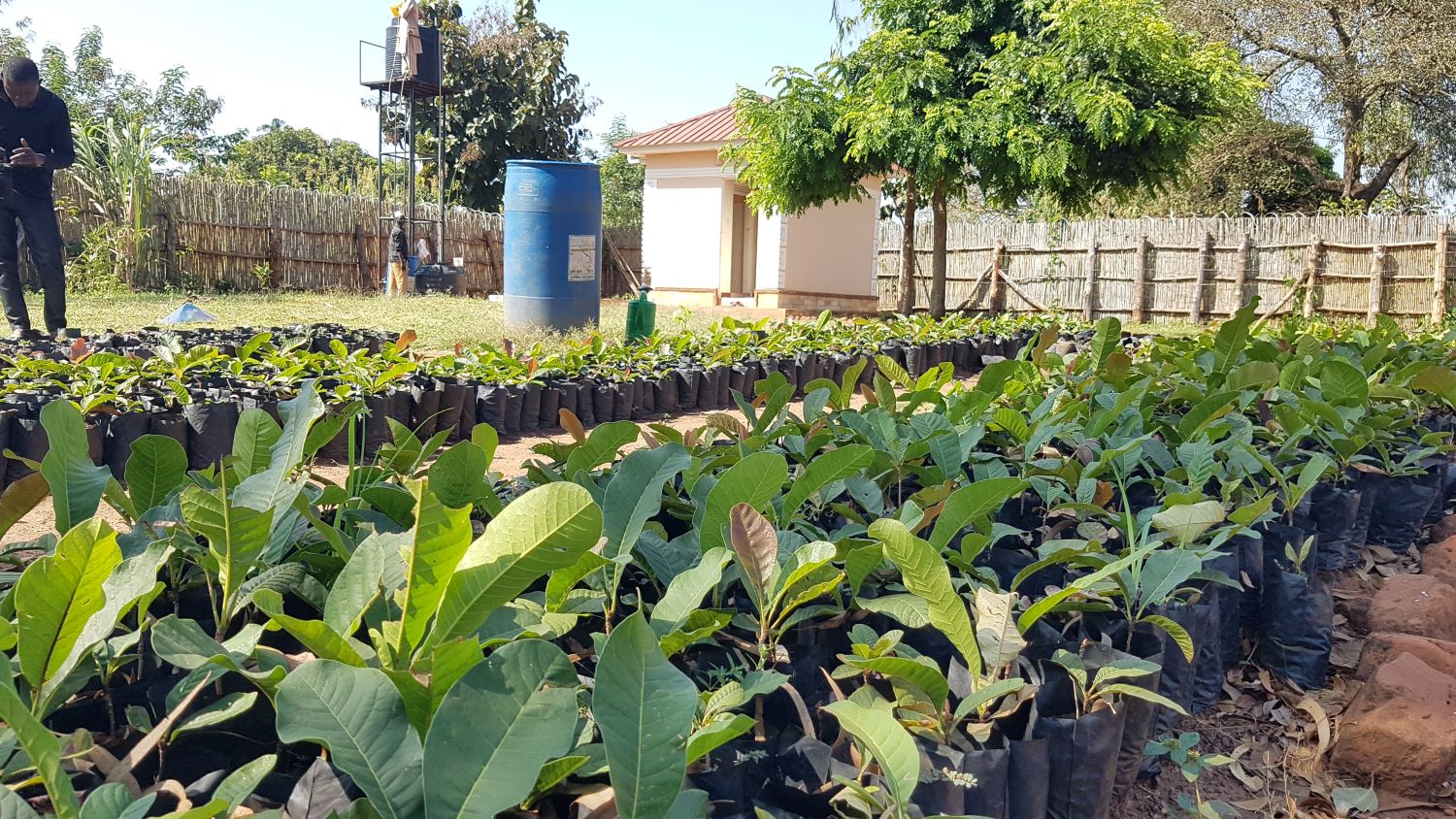
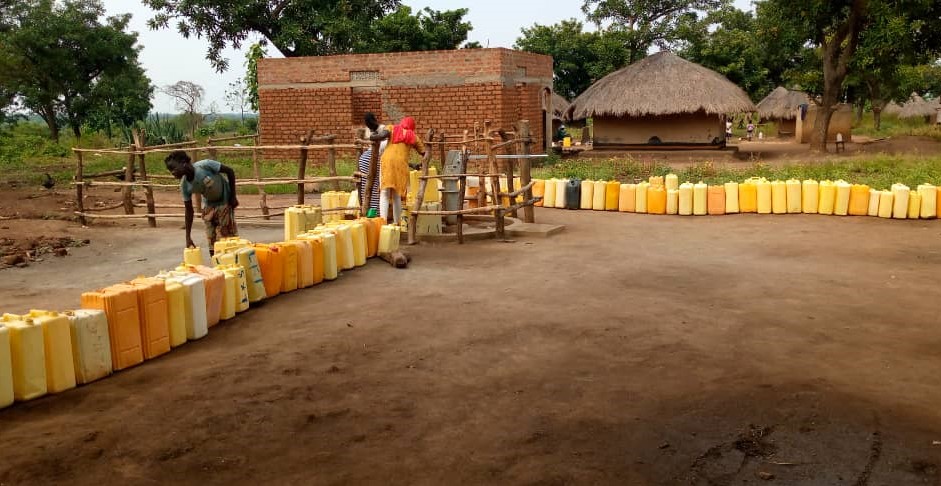

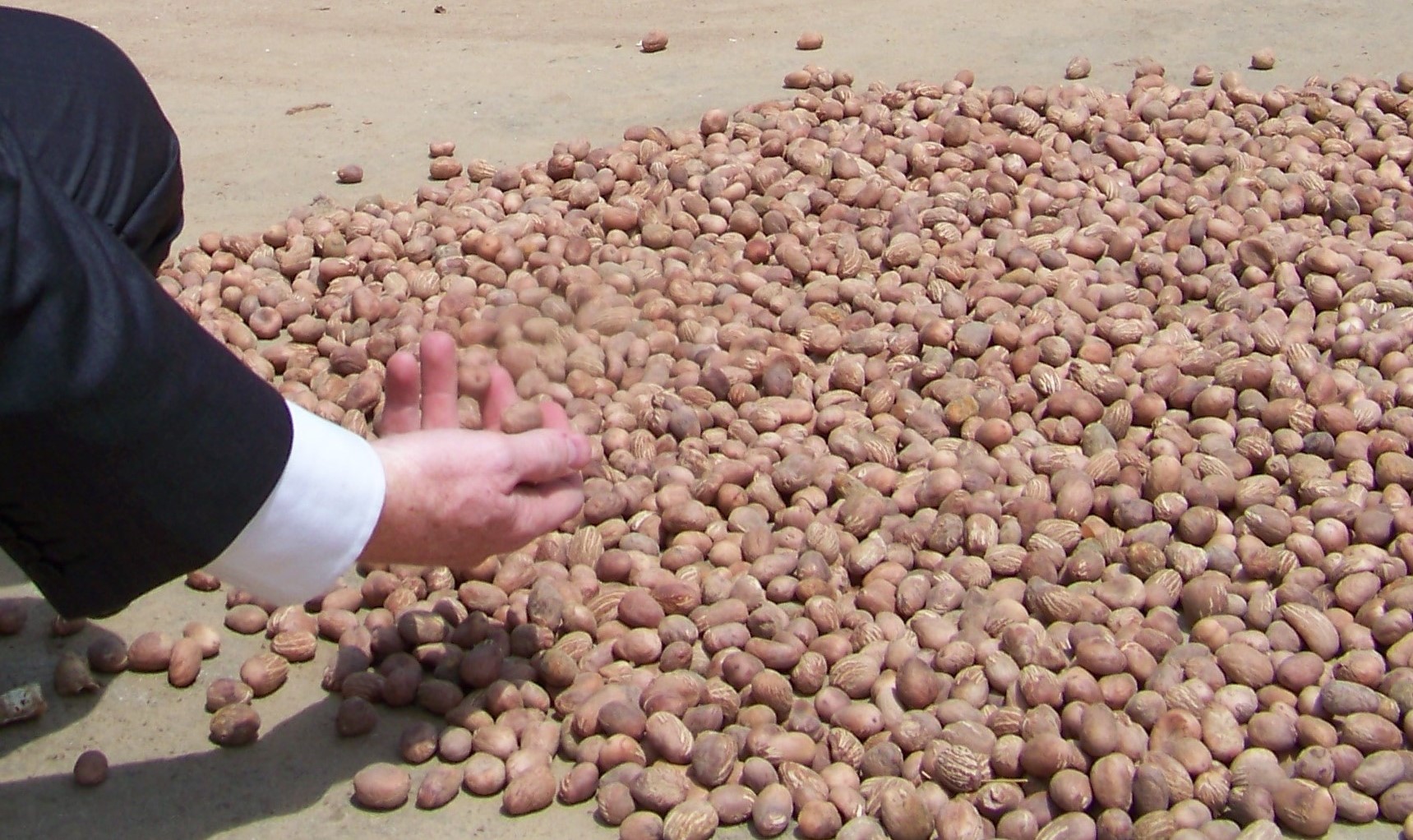
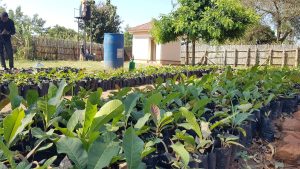

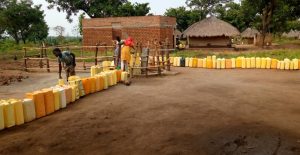
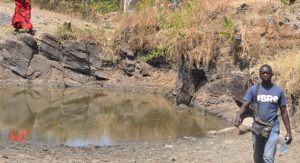
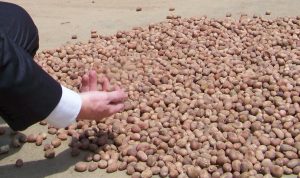
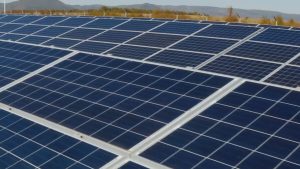

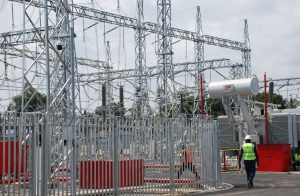
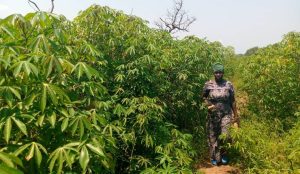
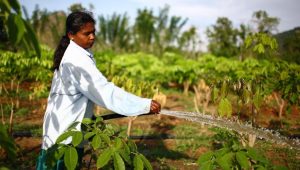
Post Comment